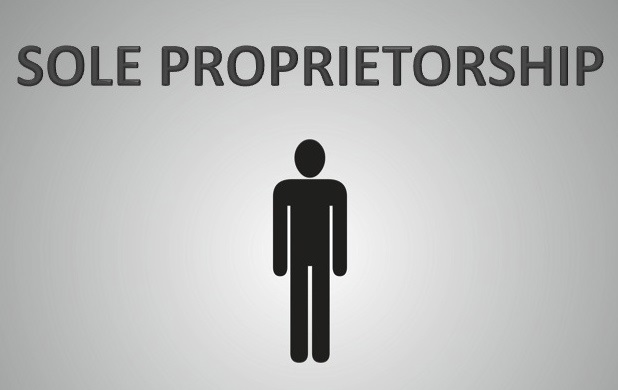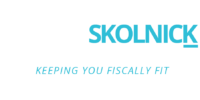
Sep
Obviously being an income tax accountant I hear certain questions over and over again. One of the most common questions I receive is from small business owners wondering what issues are considered “red flags” by the IRS and would increase the chances of being selected for audit. I am going to narrow this article to those red flags connected to sole proprietors (those who file Form Schedule C with their income tax return).
Am I more likely to be audited because I am a sole proprietor?
The quick answer unfortunately is yes. There are a few reasons for this answer. The first is that employees usually work for 1 or 2 companies during the year and when they receive their Forms W-2 at yearend most will not overlook any employment and what the employee reports to the IRS is the same as what the IRS has received from the various employers. When individuals run a sole proprietorship they may receive many Forms 1099 at yearend and if the taxpayer does not have accurate books and records they may miss a Form and report less income than the IRS has reported under their social security number. If the IRS thinks you are underreporting income this is a red flag.
As I have discussed in past articles owners of sole proprietorships are entitled to many deductions that individuals who do not own small businesses are not. There may be large write offs of automobile expense, wages paid to members of the family and other items which for employees would fall to itemized deductions and only become deductible once certain thresholds are met (2% of Adjusted Gross Income for certain miscellaneous deductions and 10% for medical deductions). While these deductions may all be legitimate, they may also be scrutinized.
Lastly if you are writing off losses that may be considered hobby losses that can cause the IRS to take a look at your return. Generally if your small business makes a profit 3 out of 5 years (2 out of 7 for horse breeding) then you are considered to be running a business with the expectation of making a profit. That is not to say that if you do not meet these criteria that you cannot deduct the loss, you just do not meet the “safe harbor” test and must be able to provide reasons why your business is legitimate and why you expect to earn a profit.
Conclusion
This article discusses very generally why running sole proprietorships make your return more likely to be audited. Keep in mind even if you are audited if you have books and records that support your income and deductions you nothing to fear. I would always suggest that any individual running a sole proprietorship be in contact with a tax professional because the rules are quite extensive and running afoul of them may get your return more attention than you would like from the IRS.
